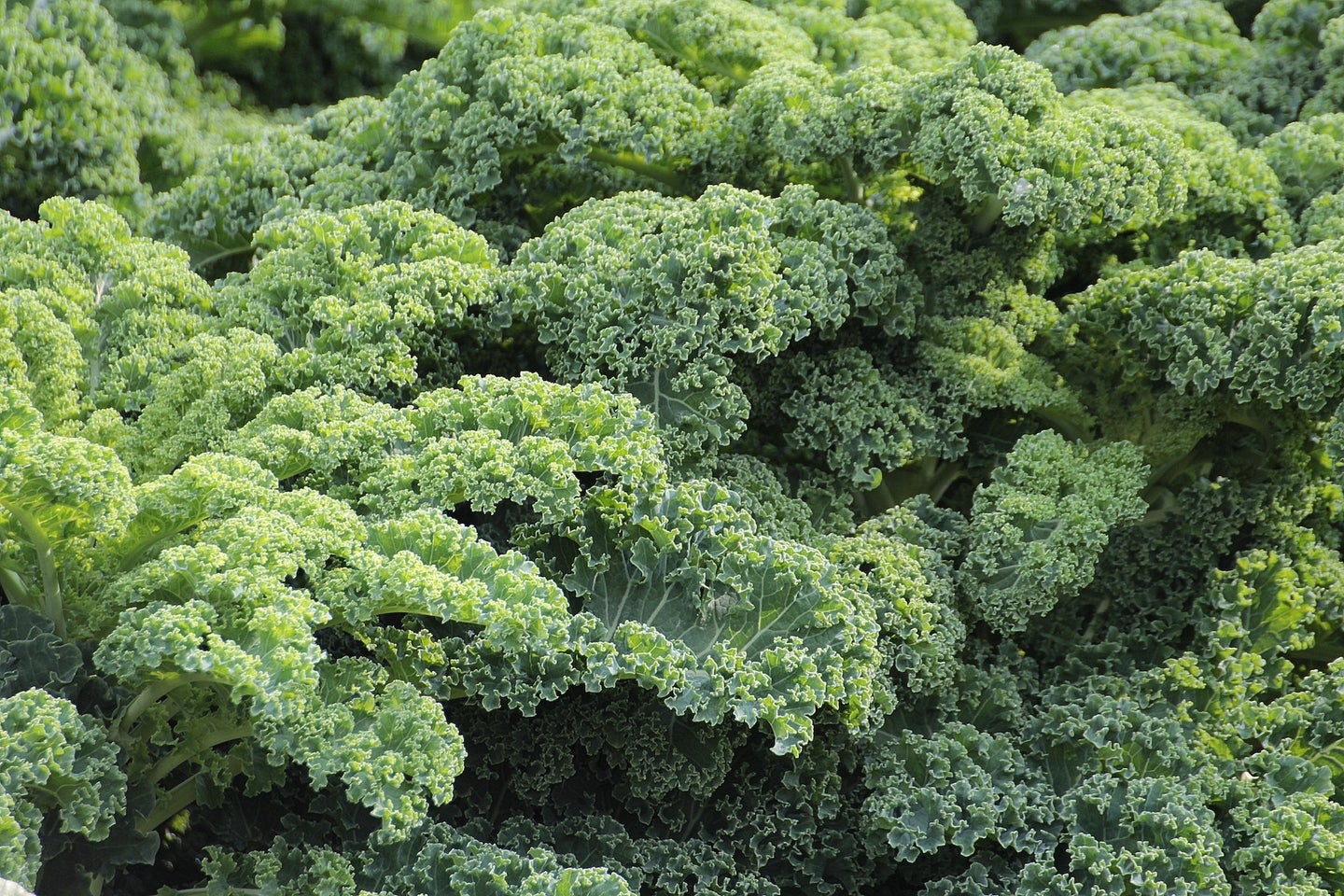Kale is an acquired taste, even in utero
When exposed to the leafy green, the fetus dramatically scowls.

Good news for kale haters everywhere—you’re not alone in your dislike of the bitter leafy green. And that dislike may have began way earlier than you thought. A study from scientists at Aston University in the UK and the National Centre for Scientific Research-University of Burgundy, France offers a rare look at the faces fetuses make depending upon the food their mothers eat.
The study, published this week in the journal Psychological Science, took 4D ultrasound scans of 100 pregnant women ages 18 to 40, at weeks 32 and 36 of pregnancy to see how the fetuses responded after being exposed to flavors from foods eaten by their mothers. The moms were asked not to consume any food or flavored drinks one hour before their scans and also not eat or drink anything with carrot or kale the day of the scan as a control. The mothers were then given a single capsule containing about 400mg of carrot or 400mg kale powder roughly 20 minutes before each ultrasound.
When exposed to carrots, fetuses showed a “laughter-face.” Kale, on the other hand, often led to a “cry-face” response.
“It was really amazing to see unborn babies’ reaction to kale or carrot flavors during the scans and share those moments with their parents,” lead researcher Beyza Ustun, a postgraduate researcher in the Fetal and Neonatal Research Lab at Durham University, said in a press release.

The findings could help further our understanding of development of human taste and smell receptors, and the researchers also believe that what pregnant women eat might influence babies’ taste preferences after birth. It could also help better understand the importance of taste and healthy diets during pregnancy.
[Related: A simple blood test could save new mothers. Why aren’t more doctors using it?]
“A number of studies have suggested that babies can taste and smell in the womb, but they are based on post-birth outcomes,” Ustun explained, “while our study is the first to see these reactions prior to birth. As a result, we think that this repeated exposure to flavors before birth could help to establish food preferences post-birth, which could be important when thinking about messaging around healthy eating and the potential for avoiding ‘food-fussiness’ when weaning.”
A control group of fetuses, whose mothers weren’t given a tablet and not exposed to either flavor, shows that exposure to just a small amount of carrot or kale flavor was enough to stimulate a reaction.
[Related: Should pregnant people not drink coffee? The answer is complicated.]
“Looking at fetuses’ facial reactions we can assume that a range of chemical stimuli pass through maternal diet into the fetal environment,” said co-author Benoist Schaal, of the National Centre for Scientific Research, in a press release. “This could have important implications for our understanding of the development of our taste and smell receptors, and related perception and memory.”
The team has begun a follow-up study with the same babies post-birth. So stay tuned to see if kale leads to cry face after the womb—and if any of the snacks from their pre-birth days impact their acceptance of different foods.
